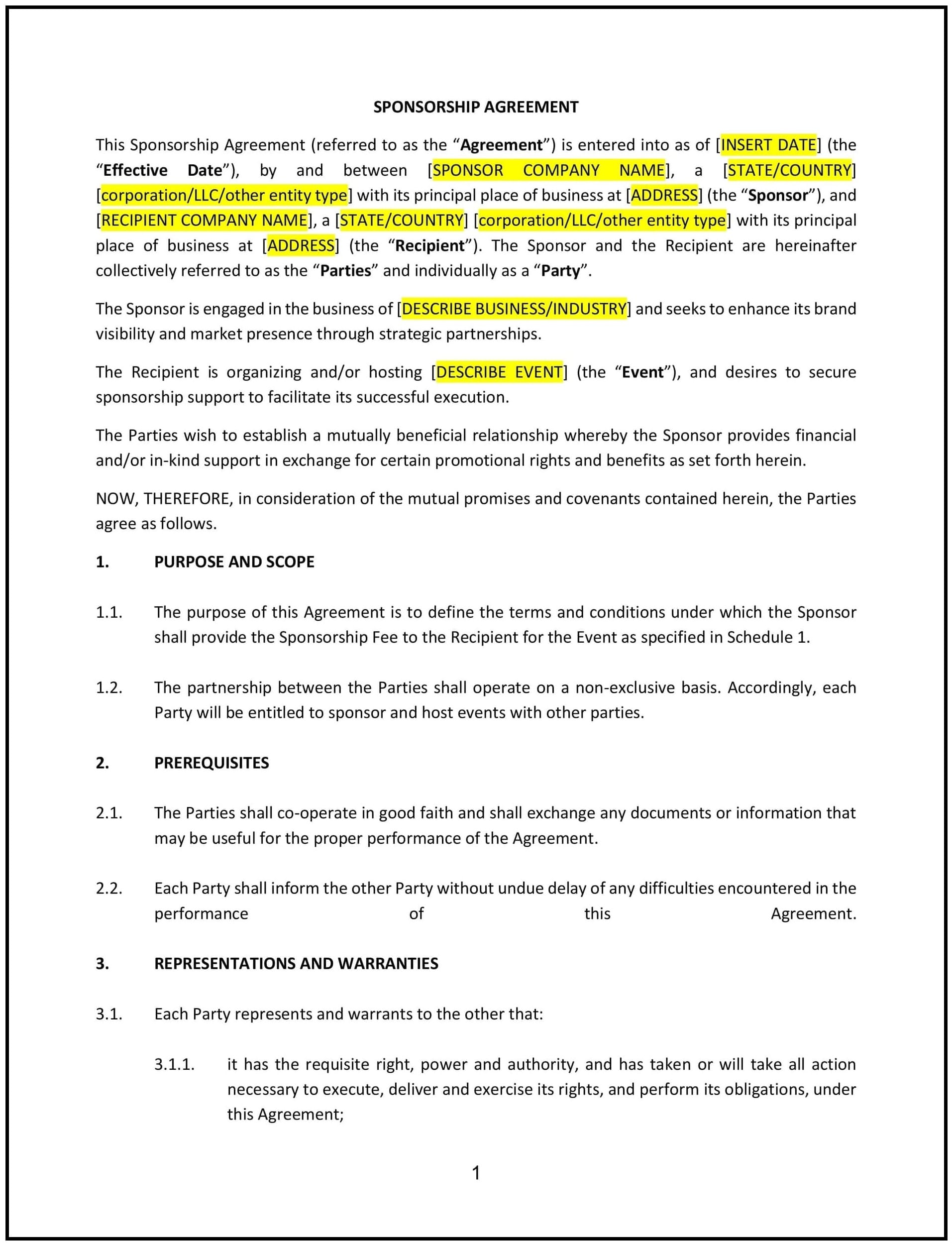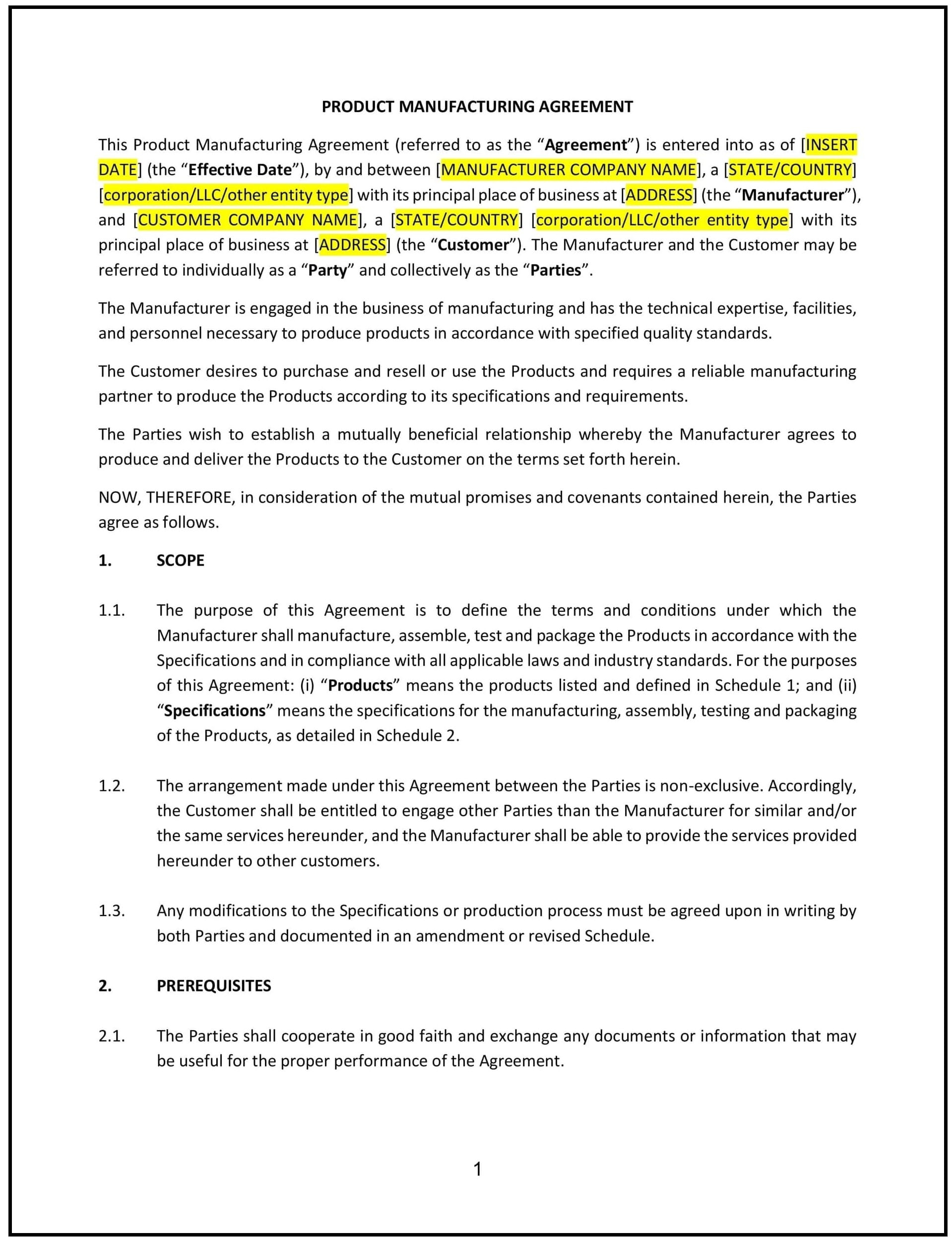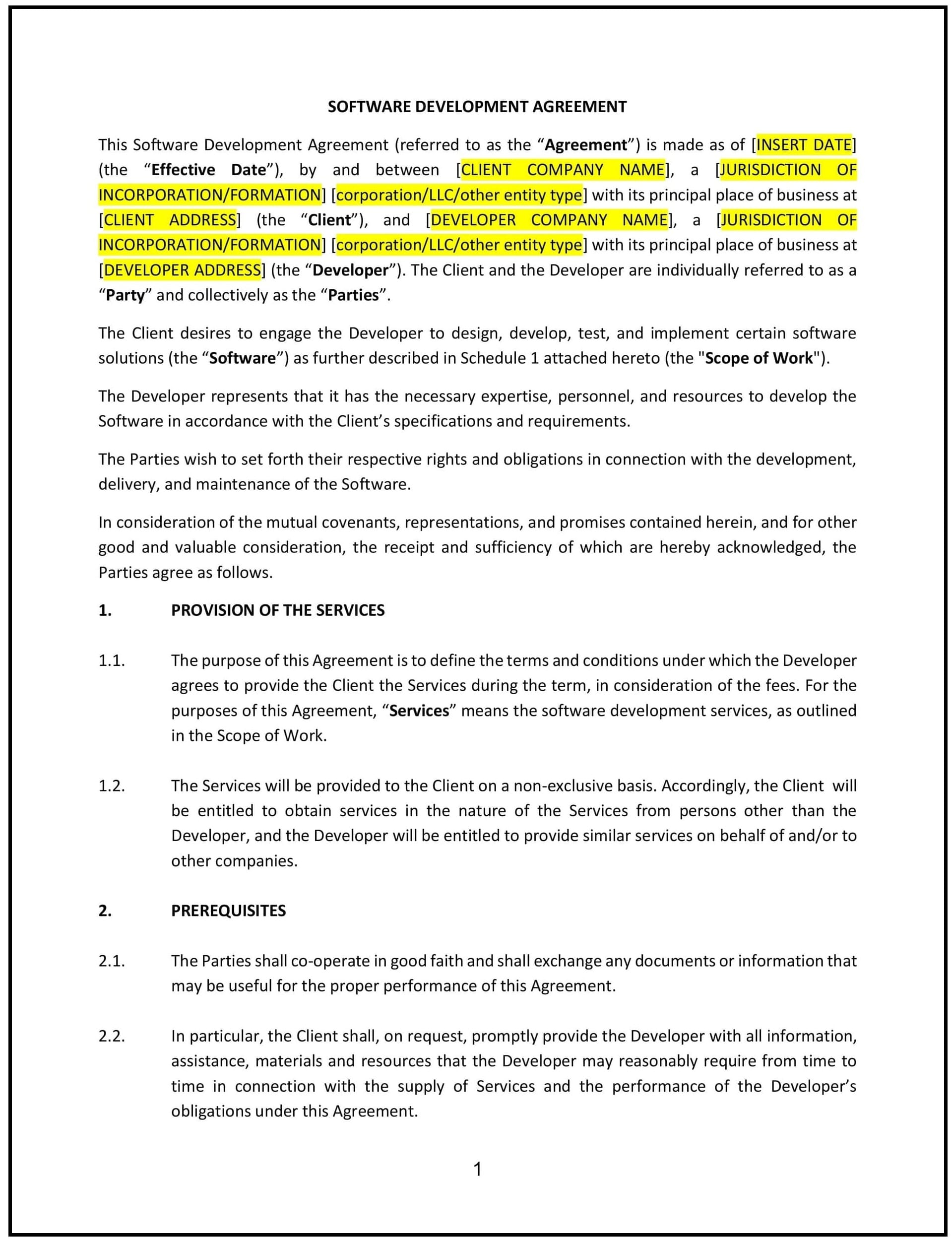Franchise Agreement (Hawaii): Free template
Franchise Agreement (Hawaii)
A Franchise Agreement is a legal contract between a franchisor (the "Franchisor") and a franchisee (the "Franchisee"), where the Franchisee is granted the right to operate a business under the Franchisor’s brand, system, and support. In Hawaii, this agreement must comply with state laws regarding contracts, intellectual property, and business transactions. A well-drafted agreement ensures clarity, minimizes disputes, and protects both parties' interests.
For example, a retail chain based in Honolulu might grant a franchisee in Maui the rights to operate under its brand name. A clear Franchise Agreement specifies the scope of the license, payment terms, training, marketing obligations, and other critical details.
Tips for drafting and maintaining a Franchise Agreement in Hawaii
- Identify the parties: Clearly specify the names, contact information, and roles of both the Franchisor and the Franchisee.
- Example: “This Franchise Agreement is entered into by [Franchisor Name], located at [Address], and [Franchisee Name], located at [Address].”
- Define the franchise grant: Outline the specific rights being granted to the Franchisee, including the territory (if applicable) and exclusivity.
- Example: “The Franchisor grants the Franchisee the non-exclusive right to operate a [Brand Name] franchise at [Location/Address].”
- Specify pricing and payment terms: Outline how the Franchisee will compensate the Franchisor, including initial fees, royalties, and advertising contributions.
- Example: “The Franchisee shall pay an initial franchise fee of $[Amount] and ongoing royalties of [Percentage]% of gross sales, payable monthly.”
- Address performance standards: Detail the expected level of service, including sales targets, quality standards, and operational benchmarks.
- Example: “The Franchisee shall maintain a minimum monthly sales volume of $[Amount] and adhere to all operational standards outlined in the Operations Manual.”
- Include confidentiality and data protection: Protect sensitive business information shared between the parties.
- Example: “Both parties agree to keep all proprietary and confidential information disclosed during the term of this agreement strictly confidential.”
- Define intellectual property rights: Clarify ownership of trademarks, trade secrets, and other intellectual property associated with the franchise.
- Example: “All intellectual property, including trademarks and trade secrets, remains the sole property of the Franchisor.”
- Add liability and indemnification: Clarify each party’s liability in case of errors, damages, or breaches of the agreement.
- Example: “The Franchisee shall indemnify the Franchisor against any claims arising from the Franchisee’s operation of the franchise.”
- Include a termination clause: Specify conditions under which the agreement can be terminated by either party.
- Example: “This agreement may be terminated by either party with [Number] days’ written notice or immediately in the event of a material breach by the other party.”
- Outline governing law and jurisdiction: Ensure the agreement specifies that it is governed by Hawaii law and identifies the appropriate courts for dispute resolution.
- Example: “This agreement is governed by the laws of the State of Hawaii. Any disputes arising under this agreement shall be resolved in the courts of [County], Hawaii.”
- Include signatures: Both parties must sign and date the agreement to make it legally binding.
- Example: “IN WITNESS WHEREOF, the parties have executed this Franchise Agreement as of the date first written above.”
Frequently asked questions (FAQs)
Q: Does Hawaii recognize Franchise Agreements as enforceable contracts?
A: Yes, Franchise Agreements are enforceable contracts in Hawaii, provided they meet the basic requirements of a valid contract, such as mutual consent, offer, acceptance, and consideration. Additionally, Hawaii has specific franchise laws that require compliance with disclosure and registration requirements.
Q: What happens if the Franchisee fails to meet performance standards in Hawaii?
A: If the Franchisee breaches the agreement by failing to meet performance standards, the Franchisor may pursue remedies such as issuing warnings, imposing penalties, or terminating the agreement, depending on the terms specified in the contract.
Q: Are there specific laws in Hawaii governing franchise agreements?
A: Yes, Hawaii has franchise-specific laws, including the Hawaii Franchise Investment Law, which requires franchisors to provide a Franchise Disclosure Document (FDD) to prospective franchisees at least 14 days before signing the agreement. Compliance with federal laws, such as the FTC Franchise Rule, is also required.
Q: Can a Franchise Agreement in Hawaii include territorial restrictions?
A: Yes, territorial restrictions can be included to protect the Franchisee’s business from competition within a defined area. However, these restrictions must be reasonable and clearly outlined in the agreement to ensure enforceability.
Q: How does Hawaii’s data protection law affect franchise agreements?
A: If the franchise involves handling sensitive customer or business data, Hawaii’s data protection laws may require both parties to safeguard personal or financial information. Compliance with these laws is necessary to avoid penalties.
Q: Can a Franchisor terminate a Franchise Agreement early in Hawaii?
A: Yes, a Franchisor can terminate a Franchise Agreement early if the Franchisee materially breaches the agreement, such as failing to pay fees, violating operational standards, or engaging in illegal activities. The agreement should specify the conditions and procedures for termination.
Q: What are the key components of a Franchise Disclosure Document (FDD) in Hawaii?
A: An FDD must include 23 items as mandated by the FTC Franchise Rule, such as the franchisor’s background, fees, obligations, trademarks, and financial performance representations. Hawaii law requires the FDD to be provided to prospective franchisees at least 14 days before signing the agreement.
Q: Can a Franchisee sell or transfer their franchise in Hawaii?
A: Yes, but the Franchise Agreement typically includes provisions requiring the Franchisee to obtain the Franchisor’s approval before selling or transferring the franchise. The agreement may also outline conditions for transfers, such as ensuring the new owner meets the franchisor’s qualifications.
Q: What happens if a Franchise Agreement expires in Hawaii?
A: Upon expiration, the Franchisee must cease using the franchisor’s trademarks, systems, and confidential information unless a renewal or extension is negotiated. The agreement should specify post-termination obligations, such as returning proprietary materials.
Q: Are franchisees in Hawaii protected from unfair practices by franchisors?
A: Yes, Hawaii’s Franchise Investment Law provides protections for franchisees, such as prohibiting franchisors from engaging in unfair or deceptive practices, terminating agreements without cause, or imposing unreasonable restrictions.
Q: Can a Franchise Agreement in Hawaii include non-compete clauses?
A: Yes, non-compete clauses can be included to prevent the Franchisee from operating a competing business during and after the term of the agreement. However, these clauses must be reasonable in scope, duration, and geographic area to be enforceable.
This article contains general legal information and does not contain legal advice. Cobrief is not a law firm or a substitute for an attorney or law firm. The law is complex and changes often. For legal advice, please ask a lawyer.


